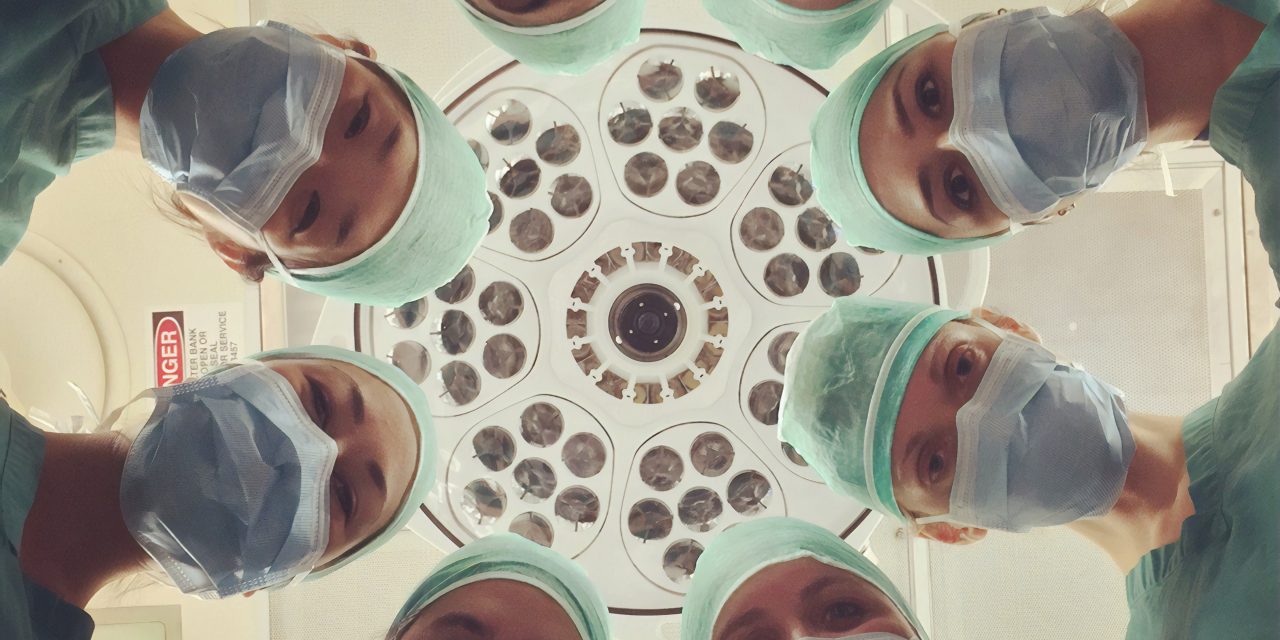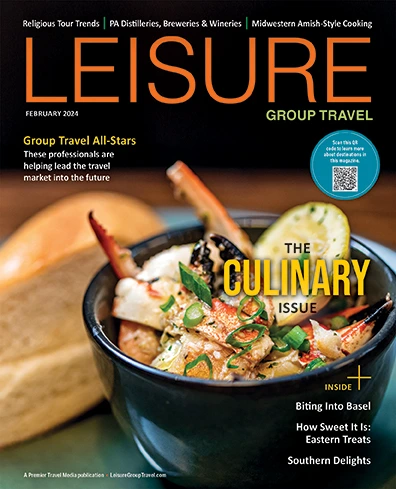Medical tourism is the term for traveling overseas for medical, dental, or surgical treatment. It was once used to define the term for patients from less-developed nations traveling abroad for healthcare unavailable in their homelands. However, many more people from well-developed countries now visit different corners of the globe for the finest healthcare, cosmetic surgery, or dental services. Costa Rica, for example has become a medical tourism hotspot.
Yet, countries’ facilities, standards, and processes will vary, which is why you must perform in-depth research before travel. Keep reading to learn about medical tourism and if it is a beneficial option for you.
Combine Treatments with Leisure Travel
Medical tourism allows patients to combine a healthcare, dental, or cosmetic procedure with a relaxing vacation. Depending on the surgery you choose, you may need to remain in a country for at least seven days or longer before you can step back onto a plane.
A treatment in a beautiful country will ensure you have a stunning place to relax and have fun before or after surgery, as you can visit a destination’s landmarks, explore its culture, and enjoy many attractions.
Medical Tourism Options
Medical tourism provides access to an extensive variety of treatments, which some people might be unable to find in their home country. Many people are often willing to travel to different corners of the world for the finest cosmetic surgery, dental procedures, cardiac surgery, or organ transplantation.
It is wise to pay a little extra to ensure you receive the safest, most effective procedure. Choosing a world-leading facility will ensure you return home from a medical tourism trip 100% happy with a treatment.
Thorough Research is Required
Risk is inherent in every type of procedure. Yet, you must never assume an overseas facility will have the same standards, processes, and medication options as your home country. For this reason, you must thoroughly research a country and facility’s medical standards, such as its hygiene control, medication quality, communication options, antibiotic resistance, and blood product procedures.
For instance, some nations may fail to screen blood products for blood-borne infections, or they might use unsterilized equipment that can cause the spreading of diseases, such as HIV or hepatitis B. Ensure you choose a nation world-renowned for its healthcare standards.
A Pre-Travel Plan
Before a medical tourism trip, you must follow a strict pre-travel plan to remain safe and healthy before, during, and after a procedure. It is wise to visit a healthcare practitioner four to six weeks before a trip, as they can provide advice for a healthy travel experience and flag any potential risks at your chosen destination.
Also, you must purchase travel insurance in advance, which may provide coverage for any medical tourism issues you might encounter, such as flight delays, procedure cancellations, or medical complications. It will provide peace of mind that you’ll have financial coverage in place for a travel or health issue.







